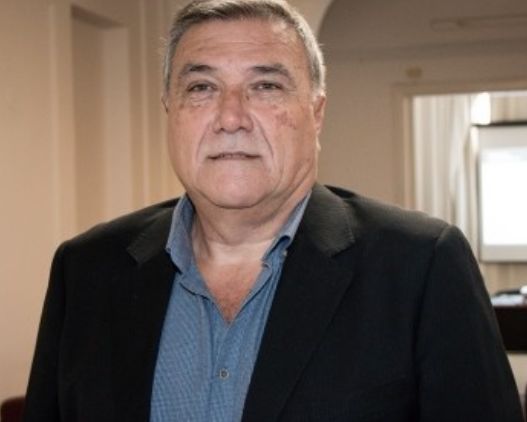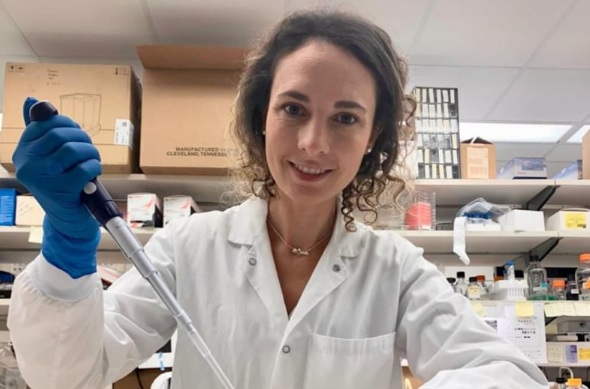Gabriel Adrián Rabinovich was born on January 11, 1969, in Córdoba, Argentina, and is an Argentine biochemist widely recognized for his contributions to the field of chemical sciences.
Rabinovich works both as a scientific researcher and university professor, and his most important contributions involve the role of proteins in cancer and autoimmune diseases.
The Argentine biochemist is part of the scientific community, holding various positions in academic and research institutions, particularly in immunology. He is the author of numerous scientific publications and a member of several scientific societies around the world.
Rabinovich and his academic background
Rabinovich studied biochemistry at the Faculty of Chemical Sciences of the National University of Córdoba, Argentina. He graduated in 1993 and later obtained a PhD from the same faculty. He earned his doctorate in chemical sciences, focusing specifically on immunology, the field that studies the immune system and its defense mechanisms.
This discipline analyzes the immune system and the diseases that can affect it, as well as their diagnosis and treatment.
After his doctoral studies, he completed two research fellowships—one at the Kennedy Institute of Rheumatology in London, and the other at the Weizmann Institute of Science in Israel. Throughout his training, the Argentine biochemist specialized in gene therapy and molecular immunology.
Gene therapy aims to modify genes and DNA-related issues to prevent or treat diseases.
Molecular immunology is the branch of immunology that seeks to understand the inflammatory response of the immune system.
Rabinovich and his role in science
In Argentina, Rabinovich worked mainly at the Hospital de Clínicas in Buenos Aires.
He is a member of the National Scientific and Technical Research Council (CONICET) and has worked at the Institute of Biology and Experimental Medicine (IBYME), where he is director of the glycomedicine laboratory.
IBYME focuses on research in biological sciences and experimental medicine.
The glycomedicine laboratory aims to develop therapeutic strategies related to tumor biology and immunology, among other fields. Rabinovich also teaches at the university level.
The galectin-1 protein
Among Rabinovich’s major contributions is his research on the galectin-1 protein and the biological processes triggered when it is blocked.
By studying the relationship between the immune system and cancer, he discovered that blocking this protein can reduce tumor growth.
These findings have opened the door to the development of new cancer drugs.
His scientific achievements have led him to join numerous science academies, including those in Argentina and Latin America. He also serves on the editorial boards of journals such as Cancer Immunology Research, Cancer Immunology and Immunotherapy, and the Journal of Immunotherapy of Cancer.
His work has been cited by researchers worldwide, and he has authored many scientific publications. Stanford University included him on its list of the most cited scientists globally.
Rabinovich has received multiple awards from Argentine and South American institutions, including those from the Konex Foundation, the Houssay Foundation, and the Bunge and Born Foundation.
Scientific leadership and public outreach
In addition to his research and teaching, Rabinovich is co-founder of the technology-based company Galtec.
The company focuses on developing therapies for cancer, autoimmune diseases, and other conditions, as well as on making scientific knowledge more accessible to the public.
Rabinovich’s research has enabled the design of new therapeutic strategies and drugs, particularly for cancer treatment.
Thanks to his dedication to immunology and therapeutic development, he is recognized as one of the most influential figures in the biochemical, biological, and medical sciences.
He is among those professionals who dedicate their careers to investigating cancer and how it affects people’s lives.
In Argentina, he is also a prominent figure in training new professionals in biological and medical sciences and in contributing to various scientific institutions.
His contributions are notable not only because he is one of the most cited scientists in academic publications, but also for his commitment to bringing scientific knowledge closer to society.




